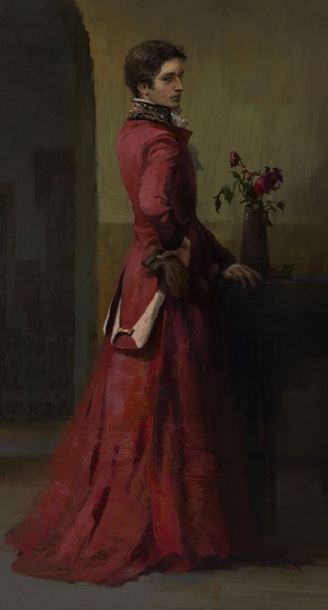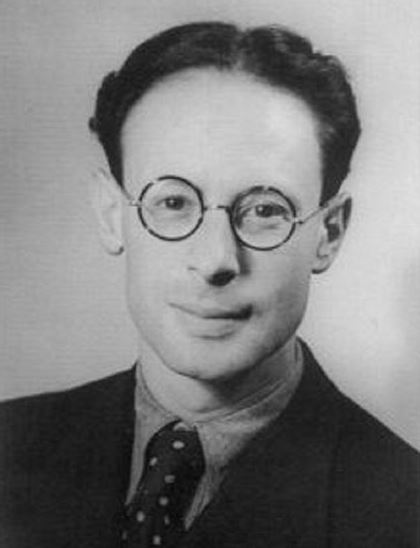Arthur Wellesley, 1st Duke of Wellington (1769–1852), was a prominent British military leader and statesman whose career spanned over half a century. Renowned for his strategic brilliance and leadership, he played a pivotal role in the Napoleonic Wars and became a key figure in British history. This comprehensive article delves into his life, career, and lasting impact.
Early Life and Background
Early Years
Arthur Wellesley was born on May 1, 1769, in Dublin, Ireland, into an Anglo-Irish family. His father, Garrett Wellesley, was a prominent landowner and politician. Arthur’s early education took place at Eton College, and he later attended the Royal Military Academy in Angers, France.
Military Beginnings
Wellesley was commissioned as an ensign in the British Army in 1787. His early military career was modest, but his keen strategic mind and leadership skills began to emerge.
Rise to Prominence
Peninsular War (1808–1814)
Wellesley’s rise to fame began with his involvement in the Peninsular War, a conflict between the Allied powers and Napoleonic France. He earned the title of Duke of Wellington following his decisive victories:
- Battle of Vimeiro (1808): His first major battle in Portugal, where he achieved a significant victory against the French forces.
- Battle of Talavera (1809): Demonstrated his ability to lead and strategize under challenging conditions.
- Battle of Salamanca (1812): A crucial victory that forced the French to retreat from Spain.
- Battle of Vitoria (1813): This decisive battle effectively ended French rule in Spain and paved the way for the Allied invasion of France.
Waterloo and Final Triumph (1815)
The pinnacle of Wellington’s military career came at the Battle of Waterloo on June 18, 1815. Leading the Allied forces against Napoleon Bonaparte, Wellington’s strategic acumen and resolute leadership played a crucial role in the defeat of Napoleon. The victory at Waterloo marked the end of the Napoleonic Wars and solidified Wellington’s reputation as one of history’s great military leaders.
Political Career and Contributions
Post-War Career
After his military successes, Wellington transitioned into a political career. He served in various high-profile roles:
- Prime Minister (1828–1830): His tenure as Prime Minister was marked by significant reforms, including the Catholic Emancipation Act of 1829, which granted Catholics the right to sit in Parliament.
- Leader of the House of Lords: He played a crucial role in navigating legislation through the upper house of Parliament.
Legacy and Reforms
Wellington’s impact extended beyond his military and political achievements. His tenure contributed to several reforms and modernization efforts within the British government. He also worked on improving the British Army’s structure and organization.
Personal Life and Legacy
Marriage and Family
Wellington married Catherine Pakenham in 1806. The couple had two sons, Arthur and Charles. Despite a relatively private personal life, Wellington’s family was integral to his public image and legacy.
Honors and Recognition
Wellington was honored with numerous accolades and titles, including:
- Knight of the Garter: The highest order of chivalry in Britain.
- Honorary Citizenship: Granted by various countries in recognition of his contributions to European stability.
Death and Commemoration
Arthur Wellesley died on September 14, 1852, at his estate, Strathfieldsaye. His funeral was a significant national event, reflecting his status as a national hero. Monuments and memorials dedicated to Wellington, including the famous Wellington Arch in London, commemorate his contributions and achievements.
Arthur Wellesley, the Duke of Wellington, remains one of the most celebrated military leaders in history. His strategic genius and leadership were instrumental in shaping European history during the Napoleonic Wars. Beyond his military achievements, his contributions to British politics and society have left a lasting legacy. Wellington’s life and career exemplify the blend of military prowess and political acumen, marking him as a significant figure in both British and world history.




